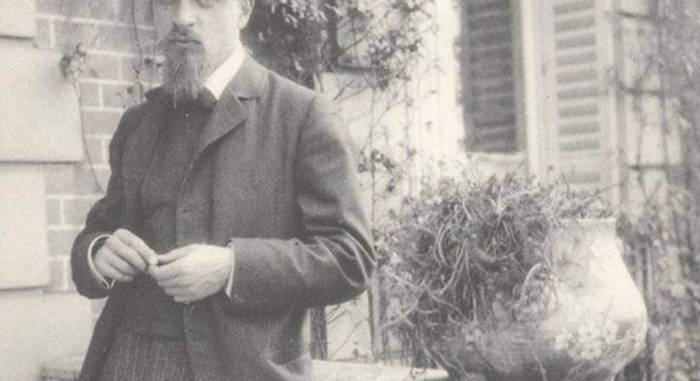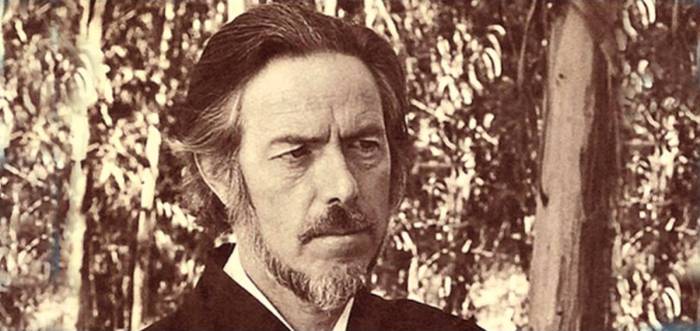Native American Lessons On Relating To Nature
To conceive of the human being as a part of nature, and not as its master, is a more important perspective today than ever.
A Western point of view often puts the philosophies and world views of all indigenous peoples into the same drawer, whether they’re from the United States or anywhere else in the world. The truth is that on many key points, Native American views contrast sharply with our own anthropocentric visions founded as they are on humankind and reason.
In his book Secrets of Native American Herbal Remedies, Anthony J. Cichoke states that “almost every Native American culture believes that everything—every animal, living creature, plant, rock, tree, mountain, and even water—has a soul. Therefore, all of nature must be treated with respect and honored.”
In the Western anthropocentric view, nature is often seen as an obstacle, or as a category that includes everything that is not human but which can be exploited by humans, either as raw materials or as food. This point of view ignores the connection that other people have with natural cycles, with day and night, the seasons, and even with life and death.
E. Thomas Morning Owl is the coordinator of the language program at the Confederated Tribes of the Umatilla Indian Reservation in Oregon. According to Morning Owl, as a child walking with his grandmother beside a stream, he took up a stone and threw it into the water. This is what happened next:
Immediately, my grandmother asked me, ‘Why did you do that? How long did it take that rock to get out of water? And you put it right back in there? Why did you put it back in the water? It wasn’t bothering you. You had no reason to do that, do you realize that?’
This simple story illustrates, in some measure, the worldview of Native Americans: it’s not a superstitious respect for inanimate beings. Rather, it’s respect for everything that exists (especially nature) and that everything deserves, simply because it was, before, and will be still, after humankind.
Part of the teachings of the elderly to the young is the idea of a close relationship with nature and its cycles. It’s an understanding that despite technological advances and social problems, human beings don’t form a separate category of nature, but their lives and destinies are closely linked.
This view, which might be defined as religious, or perhaps as spiritual, has a political component that mustn’t be ignored. It’s a social vision that doesn’t place human beings and their needs above nature, plants and animals, but it recognizes humanity as an integral part of a living whole, one in which everything, both visible and invisible, has a spirit that’s in communication with everything else. Observing nature as an obstacle or an endless source of supply is precisely why we’ve lost contact with it. Nature is reduced to a mere tourist pleasure. To build a close, fraternal relationship with animals, plants, and rocks won’t end problems like pollution and overpopulation, but it will help you the place of human civilization on the planet into perspective: we’re part of everything, but we’re not all that exists.
*Image: Wikimedia Commons
Related Articles
7 Recommendations for Organizing Your Library
For the true bibliophile, few things are more important than finding a book from within your library.
Red tea, the best antioxidant beverage on earth
Red tea is considered to be the most unusual of teas because it implies a consistently different preparation process. ––It is believed that its finding came upon surprisingly when traditional green
A brief and fascinating tour of the world's sands
To see a World in a Grain of Sand And a Heaven in a Wild Flower, Hold Infinity in the palm of your hand And Eternity in an hour. - William Blake What are we standing on? The ground beneath our feet
Strengthen your memory with rosemary oil
For thousands of years rosemary oil has been traditionally admired and used due to its many properties. In the Roman culture, for example, it was used for several purposes, among them cleansing, as
Literature as a Tool to Build Realities
Alain de Botton argues that great writers are like lenses through which we can see an infinite array of possibilities.
Mandelbrot and Fractals: Different Ways of Perceiving Space
Mathematics has always placed a greater emphasis on algebra, a “purer” version of itself, one that is more rational at least. Perhaps like in philosophy, the use of a large number knotted concepts in
Luis Buñuel’s Perfect Dry Martini
The drums of Calanda accompanied Luis Buñuel throughout his life. In his invaluable memoirs, published under the Buñuel-esque title, My Last Sigh, an entire chapter is dedicated to describing a
A Brief Manual of Skepticism, Courtesy of Carl Sagan
Whether or not you’re dedicated to science, these tips to identify fallacies apply to any form of rigorous thinking.
How to Evolve from Sadness
Rainer Maria Rilke explored the possible transformations that sadness can trigger in human beings.
Alan Watts, A Discreet And Charming Philosopher Of The Spirit
British thinker Alan Watts was one of the most accessible and entertaining Western interpreters of Oriental philosophy there have been.










